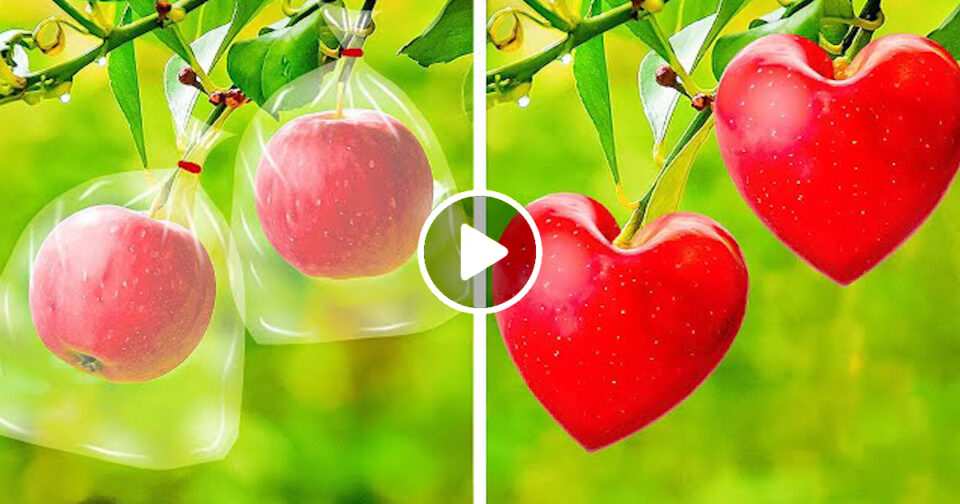Bring out your inner gardener with these useful gardening hacks! In this video, we showed how to grow fruits and vegetables and make amazing crafts for your garden. Every editorial product is independently selected, though we may be compensated or receive an affiliate commission if you buy something through our links. Ratings and prices are accurate and items are in stock as of the time of publication.
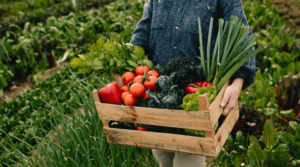
How to grow roses: Shrub roses and English roses come in a huge range of sizes and colors – some can grow to 2m in height.
Shrub roses are typically robust, healthy, repeat-flowering plants offering color when other shrubs have finished flowering.
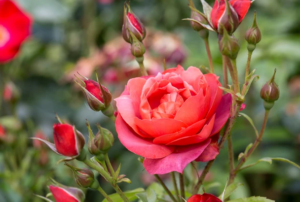
Some shrub roses have a good fragrance, but if you want a scented shrub rose then English roses are for you. Shrub roses and English roses are perfect for growing in a mixed border, large container, or as part of a rose garden. Some can also be trained as climbers or used to grow into a hedge.
Natural Fertilizer
Instead of turning to synthetic chemical fertilizers to feed your plants, consider relying on natural fertilizers to nourish both your plants and your soil.
Fertilizers based on natural ingredients not only provide mineral nutrition for growing plants, they also feed the soil’s living organisms.
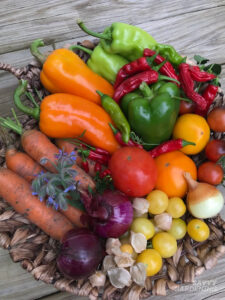
These organisms (most of which are microscopic fungi and bacteria) process these natural fertilizers, breaking them down into the nutrients that plants use to grow. In this article, I’ll introduce you to several natural fertilizer options and discuss which ones are good choices for the garden.
Many soil microbes live in a mutually beneficial relationship with the roots of your plants, providing the plant with certain mineral nutrients in exchange for small amounts of carbohydrates. The health and productivity of your soil are undoubtedly linked to the biological activity found in it.
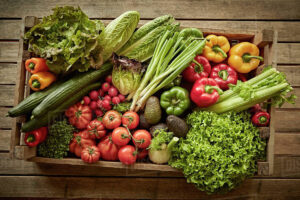
In this horticulturist’s opinion, it’s time to rely on fertilizers that assist with this amazing process rather than harm it. While they do provide mineral nutrition to your plants, popular salt-based synthetic fertilizers can harm soil organisms, which, over time, can lead to multiple issues.
How to grow corn
Sweet corn is a member of the grass family. In smaller gardens, it should be planted in square blocks instead of long rows to improve cross-pollination between corn stalks. Like most vegetables, corn will grow best in areas with plenty of sunlight.
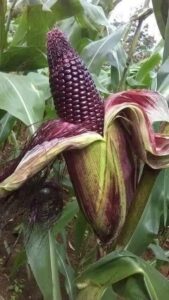
Corn is one of the plants grown in the traditional Native American vegetable technique called the Three Sisters. The other two plants in the Three Sisters are beans and squash, and each had its role in this companion planting tradition.
Corn served as a support for the vining beans. Squash served as a ground cover, preventing weeds from growing. Beans provided natural fertilizer for all.
Smart ideas for your garden
A small garden is a blessing, however tiny it may be. Any patch of outdoor space we can call our own is a huge benefit to our mental health and provides a space for growing flowers, harvesting a kitchen garden, or simply relaxing on a sun lounger.
A sprawling country garden full of flowers would be ideal, but even having a small garden, balcony or tiny roof terrace can provide solace in spades. The only problem with a small garden is that it can be harder to design.
But there’s no need to be daunted; arm yourself with the right garden design tips and tricks and you’ll have the tools you need to make it a tiny sanctuary for you to enjoy all through the warmer months, which are fast approaching!
It doesn’t matter if you have a balcony garden a small patch of patio or even a small front garden, make it a space to be proud of with the right planning and planting.
How to grow raspberry
Raspberry bushes grow best in full sun (at least 6-8 hours), in rich, well-drained soil. Gardeners from Zone 3 all the way to Zone 10 can grow raspberries successfully, given the right variety. Read plant descriptions carefully when purchasing and selecting plants that will thrive in your growing zone. Raspberries are self-fertile, so you do not need to plant different varieties to cross-pollinate.
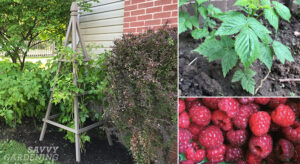
Because of their sprawling habit and need for sturdy support, the best place to grow raspberries is in a row at along the property line. Do not grow raspberries in the same garden bed where tomatoes, peppers, eggplants, or other nightshade plants have grown. Those plants can harbor verticillium wilt, a disease that will affect the raspberry bushes.
Gardening hacks
Need some handy hints for gardening? The hard work needed to maintain and grow a garden can quickly feel like an unwelcome addition to your to-do list.
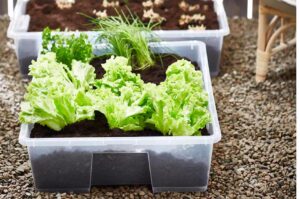
Never fear though, because we’ve rounded up the best growing tips and backyard hacks to make gardening easy and enjoyable. From a tiny backyard to expansive rolling lawns, our tricks will ensure you have a plot to be proud of.
How to grow kiwi
Have you ever considered growing your own kiwifruit? There are two main types of kiwi plants that can be grown in the home garden: one that is better suited for colder regions and the other for warmer, frost-free areas.
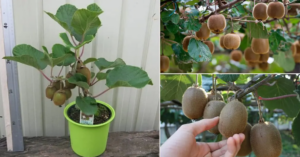
Learn how to plant, grow, and harvest kiwis in your garden! In fact, the kiwifruit plant (Actinidia deliciosa) originally stems from temperate parts of southwestern China and was traditionally known in English as the “Chinese gooseberry.”
In the early 20th century, the plant was exported to Europe, the United States, and New Zealand, where the vast majority of kiwifruit is grown today.
PLEASE WATCH THE VIDEO BElOW:
